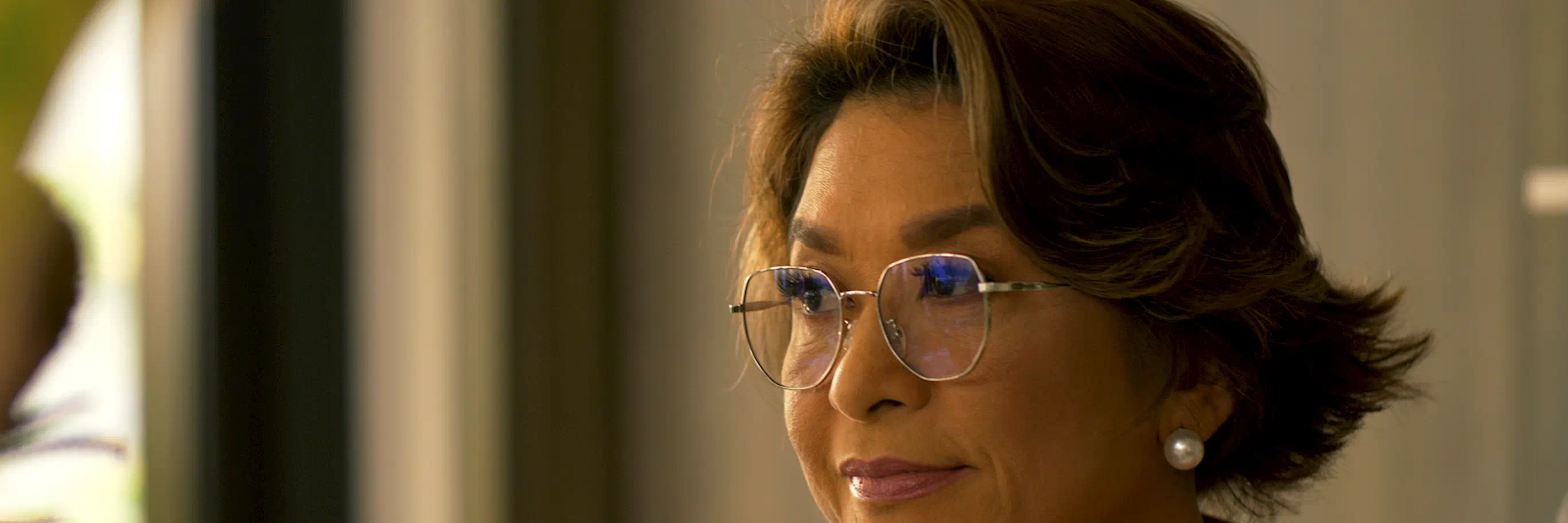
3 starting points to thinking smartly about your finances
That dreaded petsa de peligro, which in Spanish simply means “hour of danger” but in the Filipino context is that time of the month before the next payday when the funds have somehow dwindled. It’s a phenomenon that happens regardless of income. It just seems like as income goes up, your expenses go up along with it.
Cost of living and inflation aside, we all have a complex relationship with money and it’s all down to three things: how you were taught about money during childhood, your personal values and how good is your mind at organizing things.
If you've ever found yourself scratching your head about where your hard-earned cash disappears to or dreaming of financial freedom, now is the right time to start having a healthy relationship with your finances.
Here are three starting points that will set you on the path to financially savvy
Understand your money story
Before you can navigate the financial jungle, you need to understand your money story. What beliefs and attitudes do you have about money? Was it a taboo topic at the dinner table, or were you taught to save for a rainy day? Your upbringing and experiences shape your relationship with money.
Take a moment to reflect on your earliest memories of money. Were you a saver or a spender? Understanding your money mindset allows you to identify areas for improvement. If your money story isn't serving you well, it's time to rewrite it. Challenge any negative beliefs and embrace a positive, empowering narrative about your ability to manage money wisely.

Create a financial roadmap
Think of your finances as a road trip. You wouldn't set out on a cross-country adventure without a map, right? The same applies to your financial journey. Create a roadmap by setting clear and achievable financial goals. Whether it's building an emergency fund, paying off debt, getting insured so you are financially prepared, investing or saving for a dream vacation, having specific objectives gives your money a purpose.
Break down your goals into smaller, manageable steps. Want to save PHP 50,000 in a year? Break it down into monthly or weekly savings targets. Having a roadmap not only keeps you on track but also provides a sense of accomplishment as you reach each milestone. Remember, your financial journey is unique, so tailor your roadmap to suit your goals and timeline.
Educate yourself
Knowledge is power, especially in the world of personal finance. To be money-wise, invest time in educating yourself. This doesn't mean you need a degree in economics; it means staying informed about basic financial principles, budgeting, investing, and managing debt. The more you understand, the better equipped you are to make informed decisions.
Start by reading personal finance books, following reputable financial blogs, or taking online courses. Many resources cater to various levels of financial literacy, so don't be afraid to start at the beginner level. Educating yourself not only empowers you to take control of your finances but also helps you navigate the ever-evolving landscape of personal finance.

Time to get smart about your finances
By now you probably have realized that thinking smartly about money is not only reserved for financial wizards; it's a skill anyone can develop. Begin by understanding your money story, create a financial roadmap tailored to your goals, and invest in your financial education. These starting points will lay the foundation for a more confident and informed approach to managing your money, ultimately paving the way to financial success.




